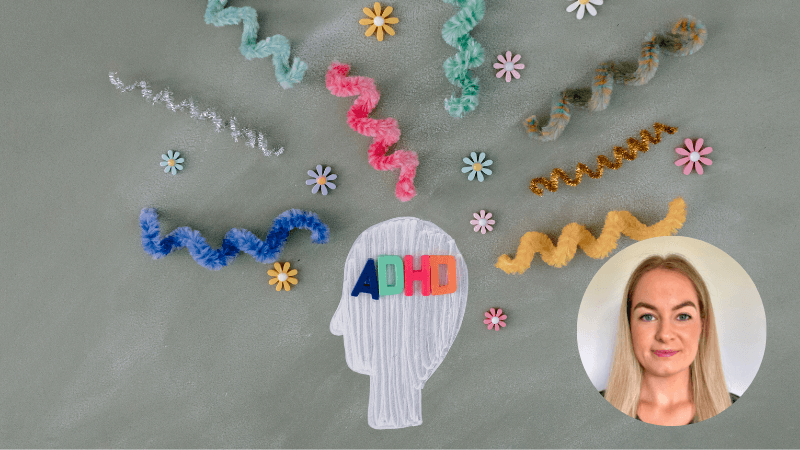What is ADHD?
By Connie Davies, Student on Placement at The Eaves
ADHD (Attention Deficit Hyperactivity Disorder) is a condition that affects people’s day-to-day behaviour. This can present as restlessness, having trouble concentrating for a period of time and acting impulsively.
Symptoms
There are two main categories that symptoms of ADHD can fall into: inattentiveness and hyperactivity/impulsiveness. Inattentiveness can mean forgetting things easily and having a short attention span. Interrupting conversations and struggling to keep still can be signs of hyperactivity. Having ADHD normally means that you display both types of symptoms in more than one environment, for example at home and in school.
Diagnosis
Children can be diagnosed with ADHD from a young age, with most cases being recognised between the ages of 6-12**. However, if missed during childhood, the symptoms can be more difficult to recognise and diagnose through adulthood due to a lack of research. For some people, the symptoms of ADHD affect their life less as they age. It is estimated that around 2-5% of all school-aged children are diagnosed with ADHD and, for as much as 3-4% of the British population, ADHD persists into adulthood***. ADHD can also increase the chances of additional problems such as anxiety or trouble sleeping.
Treatment
ADHD can be managed through medication. If you think that you or someone in your care has ADHD, talking to a GP is a good first step. Additionally, talking therapies like Cognitive Behavioural Therapy (CBT) can be helpful. CBT techniques encourage people to deal with current problems in a more positive way. Looking at patterns in thoughts, feelings and actions can reveal how to break negative cycles and induce change to help people to cope better.
If you are looking for therapy to help manage ADHD, The Eaves can help. Our professionals see individuals of all ages, families, couples and young people 12 hours a day, Monday to Saturday between 9am and 9pm. Please call 01483 917000 to speak to a member of the referrals team. You can also send us an enquiry via our website. Click here to find out more.
Sources
*https://www.nhs.uk/conditions/attention-deficit-hyperactivity-disorder-adhd/symptoms/

